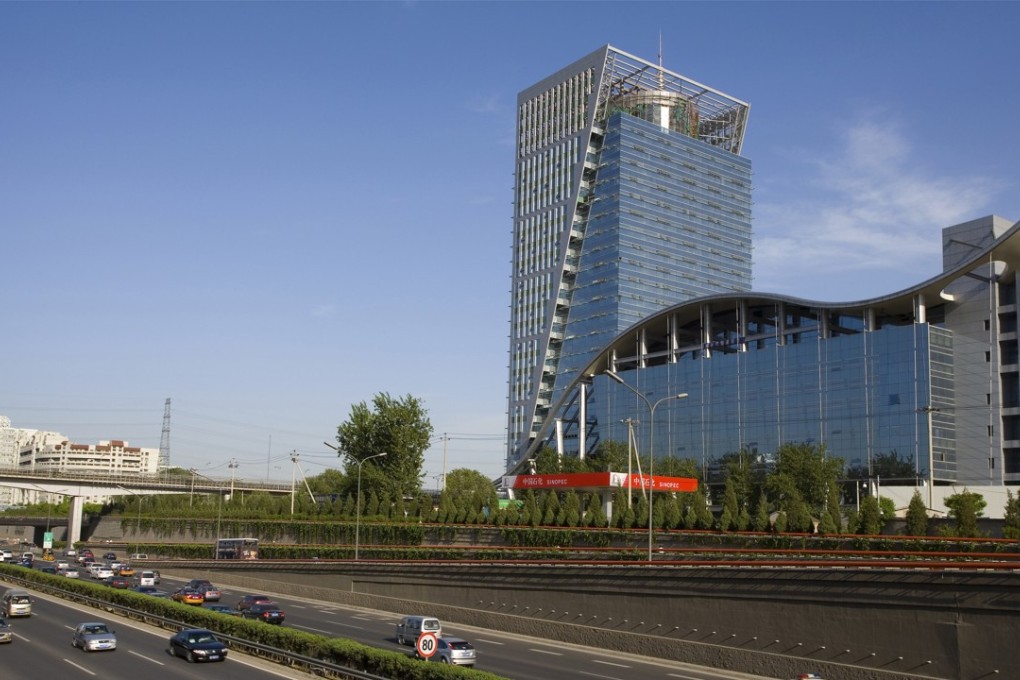In battle for global tech talent, Beijing offers foreign researchers the perk of bringing their own helpers
China is striving to attract more tech talent to help power its ambitions to be a leader in artificial intelligence and other advanced computing technologies.

Employees at Google’s $131 million campus in Boulder, Colorado, can play with pinball machines, shoot pool, and enjoy freshly made pizza in the cafeteria. Over in Beijing, the municipal government is offering an unusual perk: allowing foreign researchers to bring along their domestic helpers.
That would be on top of more generous visa terms and even permanent residence for the top hires at Beijing’s Zhongguancun Science Park, announced by the municipal authorities this week. China has kept its doors largely shut to foreign domestic helpers, with most urban families relying on local migrant workers for domestic chores.

Zhongguancun is home to Lenovo, the world’s largest personal computer maker, and has ambitions to become China’s version of Silicon Valley.
Under the new arrangements, foreign hires and their families will enjoy greater freedom of cross-border travel as well as benefits such as enrolling in local schools. Foreign scientists with permanent residency status can lead national-level innovation projects, where before such leadership positions were reserved for Chinese nationals.
China is competing with the US and other countries in the fields of artificial intelligence and life sciences. China’s State Council laid out goals last July to build a domestic AI industry worth nearly US$150 billion in the next few years, and to make the country a “innovation centre for AI” by 2030. Key to that ambition is finding enough people to staff and lead its research institutes and tech companies.
